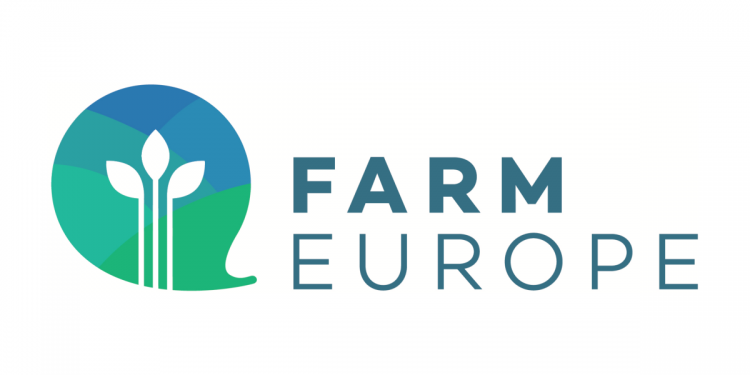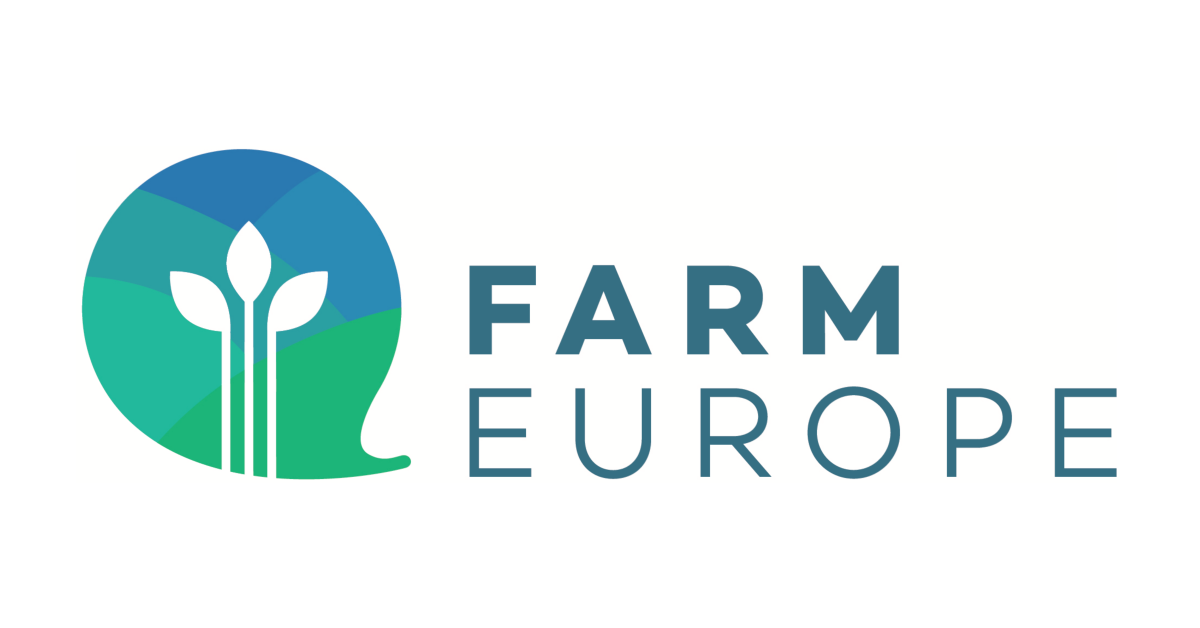The EU-US trade agreement reached in August by Presidents von der Leyen and Trump departs from the usual trade deals in many aspects. To begin with it is a totally unbalanced deal, where the EU makes practically all the concessions.
To convince the US not to apply to the full extent the so-called reciprocity tariffs, i.e. a whole new set of tariffs on top of the existing MFN tariffs (Most Favoured Nation WTO compliant US tariffs), in particular in the automotive sector, the EU agreed to zero its industrial tariffs and provide a range of additional concessions in the agriculture sector.
The EU also accepted that the US raises its WTO tariffs to 15% (there are a few exceptions but amongst them only cork concerns agriculture) whenever its previous MFN tariffs were lower. If the US MFN tariff was higher than 15%, the higher tariff applies.
It should also be clarified that the previous US April top-up tariffs no longer apply, the August deal replaces them. The August US top-up tariffs are not additional to the MFN rate. This is an important element as so far only the EU has obtained this provision. For all other countries that have negotiated new tariffs they add up to the US MFN tariffs. That is the case for the UK that faces a 10% top-up in addition to the US MFN tariff, the aggregate result being however close to 15%.
The EU has not obtained any concessions on wine and spirits, on the contrary. In the Joint Declaration sealing the deal there is a rather general reference to pursuing talks to broaden it, which in fact leaves little hope that the EU will obtain new concessions in the future.
In this note we will focus on agriculture in this deal. But before entering the detail two observations: the deal is a win (US)-lose (EU) one; and the deal infringes basic WTO rules as the EU concessions are not extended to all the other WTO members, and the US applies higher tariffs than it is allowed to.
The fact that the deal breaches core WTO rules is not just a reputational issue for the EU, one of the strongest defenders of international trade rules. It can become a tricky trade issue as the EU has exposed itself to be challenged by other countries for not extending the concessions made to the US to the other members of the WTO. As the EU is currently committed to a multilateral binding dispute settlement it can be forced either to withdraw from the US deal still under a Trump Presidency, or to compensate grieving countries. Both would have serious consequences.
The deal is now before the European Parliament and the Council. Will the co-legislators adopt such an unbalanced deal, where so many concessions are made in an attempt to soften the blow to EU’s automotive industry?
We’ll now turn to scrutinising the deal. First, we’ll analyse the impact of higher US tariffs on EU agriculture exports. Then we’ll do the same to EU agriculture concessions on imports.
Minimum 15% tariff impact
The EU currently has a big agriculture trade surplus with the US. The EU has exported over 30bn euros of agri-food products to the US in 2024.
Top exports are wine, by far the largest with over 5bn euros; cereal preparations (pasta, biscuits) and spirits, both close to 3bn euros; olive oil and olives with 2.6bn euros; followed by dairy, coffee and tea, beer, and mixed food preparations, each close to 2bn euros. In the range of well over 1bn euros worth of exports we find preparations of fruits, nuts and vegetables, chocolate, and other animal products.
The Commission has argued that it stroke the best possible deal that puts EU exports in a better position, as other competitors pay even higher tariffs. We find this argument disingenuous as in fact EU exports will be less competitive with respect to US products. The US being a major agri-food producer, that is a major factor. It accrues that for other competitors like Australia, Chile, Argentina, New Zealand, the new tariffs are very similar to the EU’s.
EU export losses will thus be inevitable. Either volumes or margins will decrease, or a combination of both.
- Wine: exports had to pay a specific MFN tariff per liter (6,3c for still wines, 19.8c for sparkling wines). The actual tariff paid if calculated ad valorem was well under 15%, and relatively higher for the cheapest wines than for the more expensive. Now the tariff will be calculated just on the basis of the value of imports. That will penalise all EU wine exports and even more those with the higher value.
- Cereal preparations: for pasta and biscuits the duty also goes markedly up. For non-stuffed pastas exports were tariff free. Again, exports will become much less competitive towards US products, and losses will follow in one form or another.
- Spirits: tariffs will also go up generally. The MFN tariff was specific, per liter, but considering the value of the exports the new 15 % tariff will be well higher. Loss of market share or reduced margins on our exports will follow.
- Olive oil: the EU is by far the largest producer of olive oil in the world. US production is small. Thus, there will be no real domestic competition to our exports. The problem is that the price of olive oil will most likely raise due to the increased tariffs, much higher than MFN. US consumers can replace olive oil by seed oils, much cheaper, and that is likely to happen to some extent.
- Dairy: this is a highly diverse sector with diverse MFN tariffs. On cheeses the MFN tariff for most common cheeses was 10%, therefore it will suffer a 50% increase. Some cheeses like Roquefort had a lower 8% duty, Cheddar higher at 16% (which will stay at that level). Butter MFN tariffs were lower, under 2% in average. In addition, product branding and recognition are lower than for cheeses therefore the negative market impact will be larger.
- Hams: MFN tariffs were very low or even duty-free, therefore EU top quality products and brands will become more expensive, hurting exports.
- Beer: although the knock-on effect of higher tariffs on beer to farmers is lower than for wine and spirits, or many other products, it is worth noting that MFN imports were tariff free, and now they will pay 15%. European brands will be priced out of the market.
We have highlighted the new situation facing the larger export sectors. In general, and for all sectors, the new tariffs will result in significant tariff increases for. Only a few products will see no change, but those were already taxed over 15%.
Lower exports means that EU agriculture loses a valuable outlet. EU domestic prices and farmers revenues will suffer. The impact risks being higher in the wine sector, as exports represent a sizeable share of production and the sector has experienced recurring crisis recently.
The losses, through a combination of reduced exports and reduced margins, will be accounted for in billion euros.
Agriculture trade concessions
The deal foresees two sets of trade concessions: abolition of tariffs for a group of products; and opening of TRQs for another group of products.
Abolition of tariffs includes potatoes, onions, and several other vegetables, a range of dried fruits (including sultanas and grapes), sorghum and millet, a large set of seeds (including sugar beet), preparations of fruits and vegetables, jams, and fruit juices (excluding citrus).
For citrus fruits, fresh grapes, apples, pears, plums, cherries, tomatoes, cucumbers, artichokes, courgettes, grape juices, the duties are suspended except for situations where the entry-price system applies.
TRQs include 25 000 t for frozen or prepared pork, bacon and hams; 3 000t for bison meat; 10 000 t for some dairy products including milk, yogurt, spreads, ice cream; 10 000t for processed cheeses and Cheddar; 500 000t for nuts; 400 000 t for crude soybean oil; 40 000 t for animal food; 40 000 t for chocolates; 50 000 t for a mix of food preparations including infant food, malt, pasta, biscuits, pizzas; 250 000 t for coffee products, tomato ketchup and sauces, and some fatter ice cream. The three latest TRQs have some in-quota rates, whereas the previous are duty-free. Mannitol and sorbitol have a 2 500 t duty-free TRQ, and modified starches 11 000 t.
These concessions are diverse, and its impact is difficult to evaluate. There will be an impact on the seeds industry, on the fruit and vegetable growers, tomato growers, and to some more limited extent to dairy and pork producers. Almond and chestnut growers might face a bigger impact, as the US is a major producer and the TRQ is quite large.
Conclusion
The EU-US trade deal is undoubtedly heavily unbalanced in favour of the US.
The EU offered concessions, including in agriculture, to reduce the blow of higher US tariffs in particular in the automotive sector.
The impact on EU agriculture will be significant. Most will come through a reduction of exports, or of export values, as the tariff hikes hit practically all export lines. The wine sector will likely be the most affected, but many others will feel to some extent the losses.
Some additional impact will come through the trade concessions. The fruit and vegetable sector is the most affected.
The impact of this unbalanced deal does not come alone, unfortunately. It follows a bad Commission proposal on the MFF and CAP reform, which drastically reduces support and weakens the unified policy framework.
One last word on the prospects for the deal itself. The text foresees a suspension clause in case the US does not respect its terms. That sheds a glimpse into a larger issue: how stable is the deal when the US is willing to use trade measures to pursue all sorts of goals, economic, financial, and strategic?
This lingering unpredictability is compounded by the compliance of the deal to US law. The legal process is ongoing, and will likely be judged by the Supreme Court, but so far the US Government has been found partly in breach of the law by the lower courts.
The new tariffs are in place by now. Whether they will stay, and for how long, is impossible to predict.
O artigo foi publicado originalmente em Farm Europe.




















































